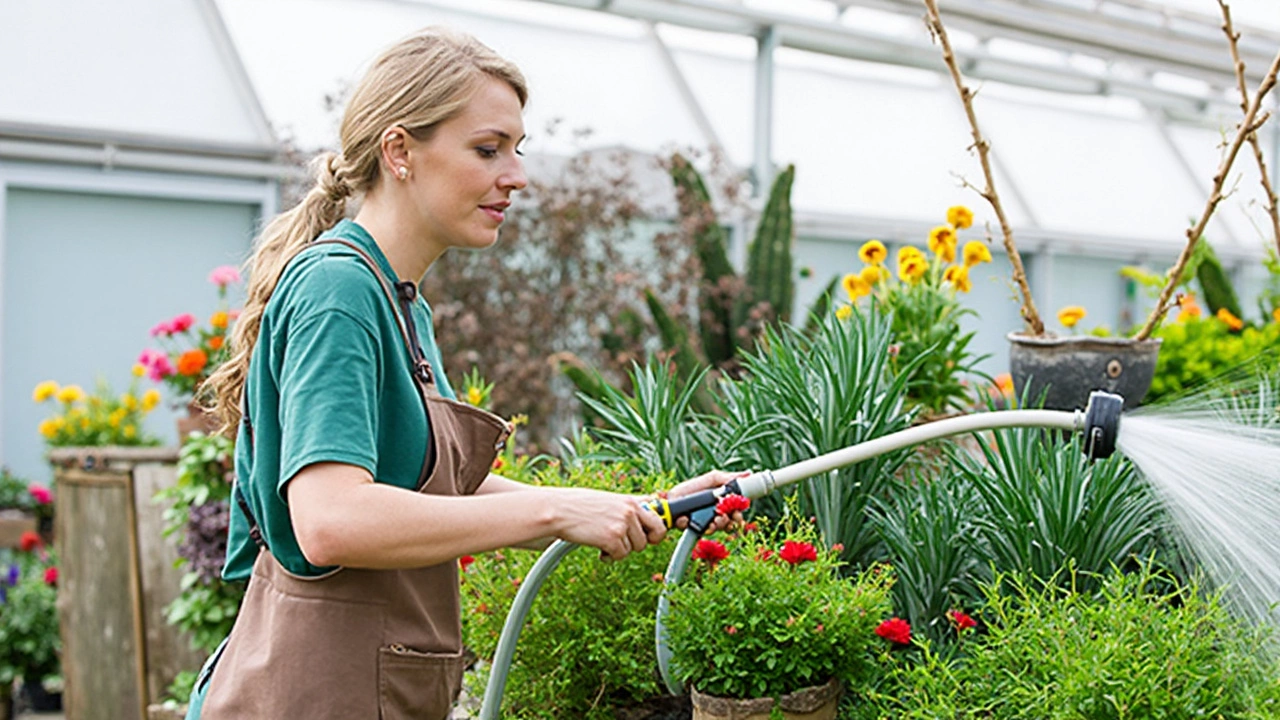Everything You Need to Know About the Hosepipe Ban
When the news flashes a hosepipe ban, you might wonder if it’s just another headline or something that will really affect your daily routine. In short, a hosepipe ban is a temporary restriction that stops you from using a hose to water your garden, clean your driveway, or wash your car. Local water authorities impose it when reservoirs are low and a drought threatens the supply.
Why Do Authorities Impose a Hosepipe Ban?
Water isn’t unlimited. Heavy use during hot, dry spells can drop river levels fast. When those levels dip below safe thresholds, water companies issue a ban to protect household supplies. It’s not a punishment; it’s a precaution. By cutting non‑essential water use, everyone helps keep taps running for drinking, cooking, and hygiene.
Practical Tips to Keep Your Garden Happy During a Ban
First, trim back any overgrown bushes or trees. Smaller plants need less water and are easier to maintain. Second, water early in the morning or late in the evening when evaporation is minimal – even if you’re using a bucket or a watering can, timing matters. Third, mulch your beds with bark, straw, or compost; a layer of mulch holds moisture in the soil and reduces the need for frequent watering.
Consider drought‑tolerant plants like lavender, sedum, or ornamental grasses. They look great and survive on far less water than a typical lawn. If you have a lawn you love, try a “lazy‑lawns” approach: cut the grass a bit longer, which shades the roots and keeps the soil cooler. You can also use a rain barrel to collect runoff from your roof (as long as the ban allows it) and use that water for your plants.
For chores like washing the car, switch to a bucket and sponge method instead of a hose. A few gallons in a bucket do the job just as well and keep you within the restrictions. If you need to clean a driveway, a broom or a pressure washer with a water‑saving nozzle works fine.
Most importantly, stay informed. Water companies usually publish the start and end dates of a ban on their website and send alerts via text or email. Ignoring the ban can lead to fines, but most authorities focus on education rather than punishment.
In a pinch, think creatively. Re‑use greywater from a washing machine (if the machine’s final rinse is clean) for watering indoor potted plants. Use a watering can instead of a hose for outdoor cleaning – you’ll use far less water and still get the job done.
When the ban lifts, you’ll have learned a few habits that can stick around year‑round. Even without restrictions, using less water saves money on your bill and eases pressure on the environment. Small changes add up: turning off taps while brushing teeth, fixing leaks promptly, and opting for efficient appliances.
So, the next time you see a hosepipe ban headline, you’ll know it’s not just a warning – it’s a chance to rethink how you use water, protect your community’s supply, and maybe even discover a greener way to keep your garden thriving.
Kieran Lockhart, Jul, 12 2025
Hosepipe Ban Exemptions: What UK Small Businesses Need to Know
UK small businesses can mostly keep using hosepipes during bans if it's for commercial work. Exemptions cover things like watering crops and washing vehicles. The northwest risks stricter bans, so checking local rules is key to avoid fines.
View More




